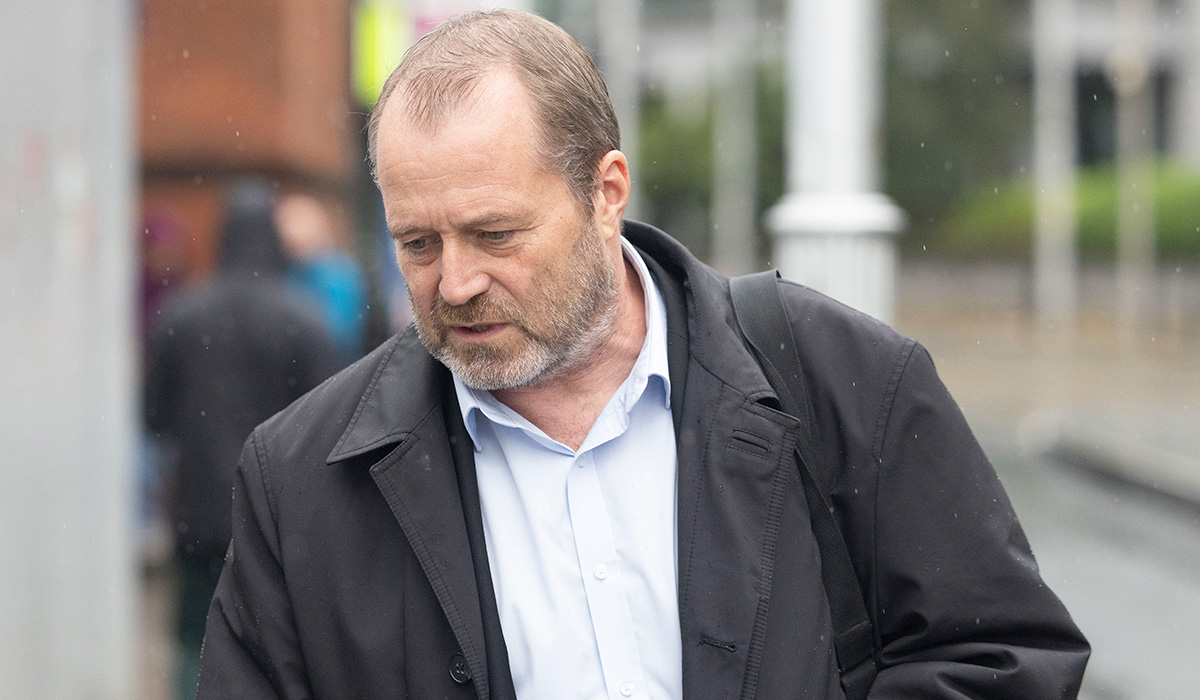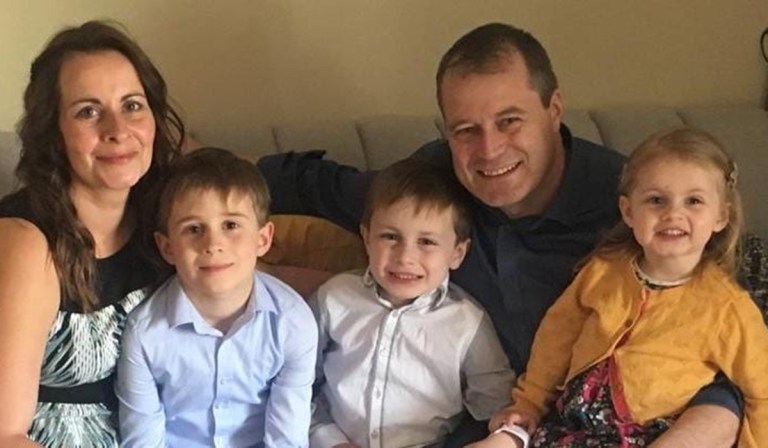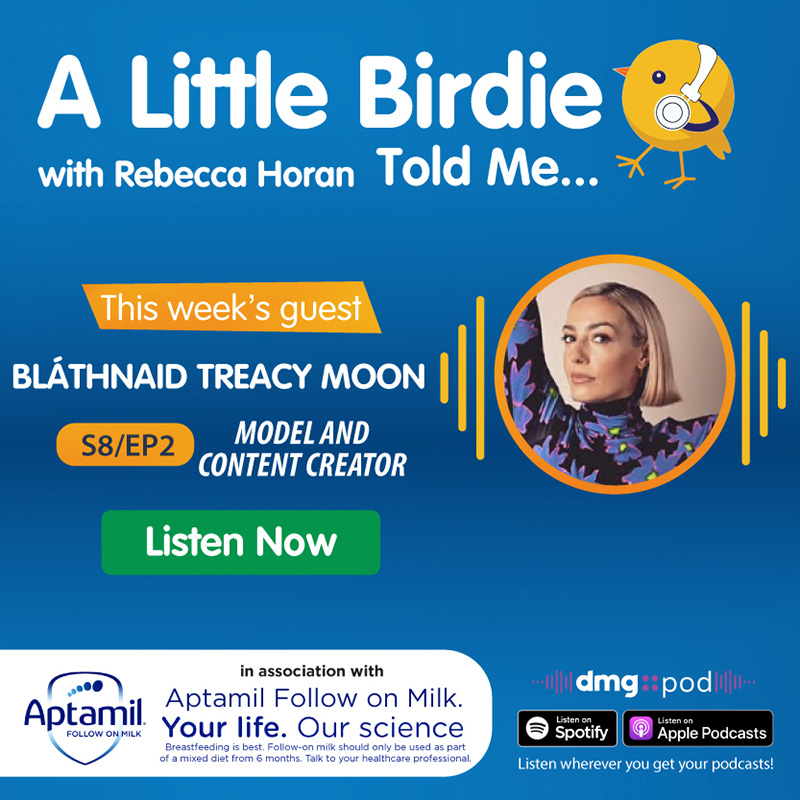Lawyers for a mother who killed her three children at their family home in Dublin almost five years ago have claimed that an inquest into their deaths would be 'inadequate and insufficient' if it did not examine the state of her mental health at the time of the incident.
Counsel for Deirdre Morley, Fiona Gallagher, told a sitting of Dublin District Coroner's Court that the inquest into her children's deaths needed to call medical professionals who had treated her in the previous six months to give evidence rather than rely on expert witnesses.
The bodies of her three children - Conor McGinley, nine, Darragh, seven, and three-year-old Carla - were discovered in their home at Parson's Court, Newcastle, Co. Dublin on January 24, 2020.

Morley, a paediatric nurse, was subsequently found not guilty of their murder by reason of insanity following a trial at the Central Criminal Court in May 2021. A postmortem showed the three young siblings had all died from suffocation.
The submission by Morley's legal representatives followed a ruling by coroner Myra Cullinane that evidence to be heard at the inquest about her mental state would be given by two consultant forensic psychiatrists who had also given evidence at her criminal trial.
At the opening of the hearing yesterday, Ms Gallagher said her client's position had arisen from the coroner's determination that the state of Ms Morley's mental health at the time of the deaths was material to her inquiry.
Ms Gallagher argued that relevant evidence should be allowed relating to the six months prior to the tragic circumstances which would include Morley's admission to St Patrick's Hospital in Dublin and treatment by mental health professionals in Clondalkin and Tallaght, as well as her GP.

Ms Gallagher stressed that she was not seeking to question the adequacy of the treatment provided to Morley.
Instead, the barrister said she wanted a full picture of Morley's mental health to be provided rather than having to rely on witnesses who were not her treating doctors but carrying out 'a retrospective review of records'.
Ms Gallagher warned there would be 'an evidential gap' if the doctors who treated her client were not called as witnesses.
Opposing the submission, counsel for consultant psychiatrist Olivia Gibbons, Simon Mills, accused Morley's lawyers of engaging in 'a collateral attack' on the coroner's ruling.
Mr Mills pointed out that it had been accepted by Morley during her criminal trial that she had only formed the intention that led to the deaths of her children in January 2020.
He noted that Morley had also given evidence on that occasion that she had not told anyone about that intention. He claimed the relevance of what was being proposed by Morley's legal representatives was 'skeletal in the extreme with no meat put on the bones of that argument'.

Mr Mills observed that the coroner had properly directed that Morley's medical records should be available to all parties.
Counsel for the HSE Sarah Corcoran said she agreed with the submission made by Mr Mills.
Ms Gallagher replied that Mr Mills was trying to back away from the coroner's ruling that evidence should not be confined to the time immediately proximate to the deaths of the three children.
She insisted that her client's treating doctors were the most appropriate witnesses to provide evidence about her mental health.
Dr Cullinane said she would consider the various submissions and would provide her ruling to the parties early next week.
Speaking outside the hearing, the children's father Andrew McGinley said he had seen fresh information in his wife's medical records which had left him 'deeply troubled'.
However, he said the inquest should not be 'about blame or exoneration'. Mr McGinley said: 'It should be about learning. It should be about engagement. It should be about an improved approach and better understanding.'








